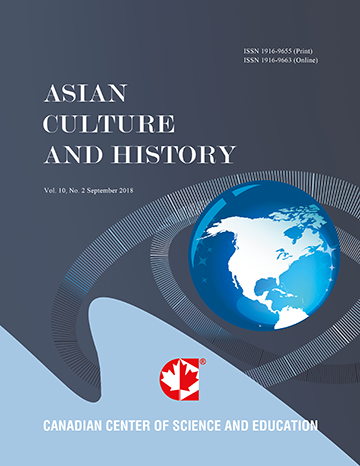(Re)writing (Hi)stories: Re-presenting the Gender/Class in the Postcolonial Discourse/Condition of Zhang Yimou’s Movies and Wang Chen-ho’s Novels
- Che-ming Yang
Abstract
In this paper I aim to make a comparative study of Chang Yi-mou’s films and the novels of a Taiwanese regionalist novelist—Wang Chen-ho, for both of the two artists reveal great impulse of postcolonialist view in representing history and gender/class, though with different emphasis. Chang. is now one of the most successful movie directors in the Asia-Pacific region, just like Ang Lee, and enjoys high prestige and international fame—a great example of “globalization” and “multiculturalism,” whereas Wang has always been recognized as one of the most successful Taiwanese nativist (regionalist) novelists because of his experimental representation of the hybridized Taiwanese languages by skillfully blending “Chinglish,” Japanese, and other Taiwanese dialects within his story-telling. In other words, in this paper, I intend to make a comparative study of the micropolitics of how Chang’s and Wang’s works reveal a postcolonial discourse/condition in representing history/gender/class. Critical approaches that will be employed in this project are mainly the micropolitics in the postcolonialist poetics of Homi Bhabha, Said, and Deleuze and Guattari.- Full Text:
 PDF
PDF
- DOI:10.5539/ach.v3n1p67
Journal Metrics
Google-based Impact Factor (2017): 5.42
h-index (January 2018): 11
i10-index (January 2018): 21
h5-index (January 2018): 6
h5-median (January 2018): 9
Index
- Academic Journals Database
- CNKI Scholar
- COPAC
- EconPapers
- Elektronische Zeitschriftenbibliothek (EZB)
- Excellence in Research for Australia (ERA)
- Genamics JournalSeek
- Google Scholar
- Infotrieve
- LOCKSS
- MIAR
- NewJour
- Open J-Gate
- PKP Open Archives Harvester
- Publons
- RePEc
- Scilit
- SHERPA/RoMEO
- Standard Periodical Directory
- Technische Informationsbibliothek (TIB)
- The Keepers Registry
- Universe Digital Library
- WorldCat
Contact
- Ivan YongEditorial Assistant
- ach@ccsenet.org
